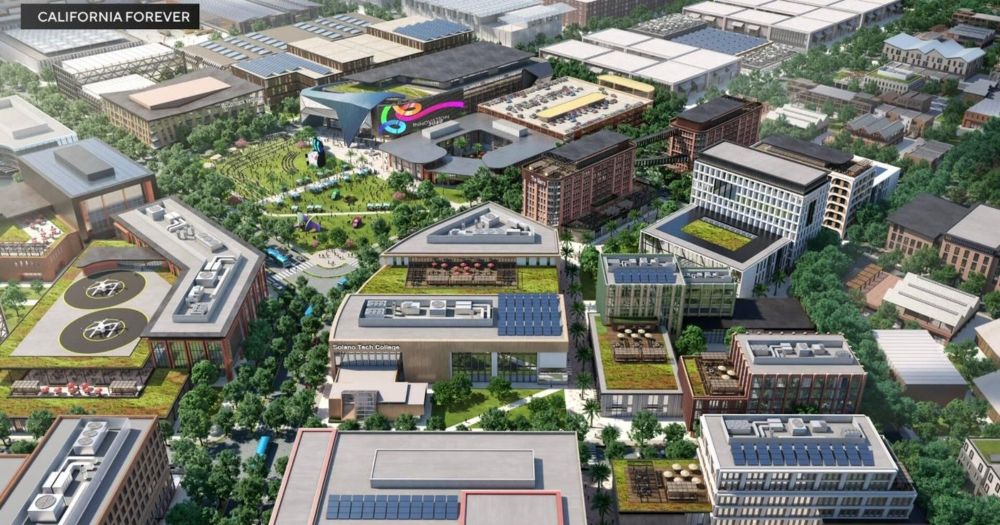arya!
@yanarya.bsky.social
12 followers
12 following
92 posts
Fall 2025 - GEOG 325 student
Learning about new cities & their intersection with sustainability, gender studies, technology (social media) and (East) Asia!
Posts
Media
Videos
Starter Packs




